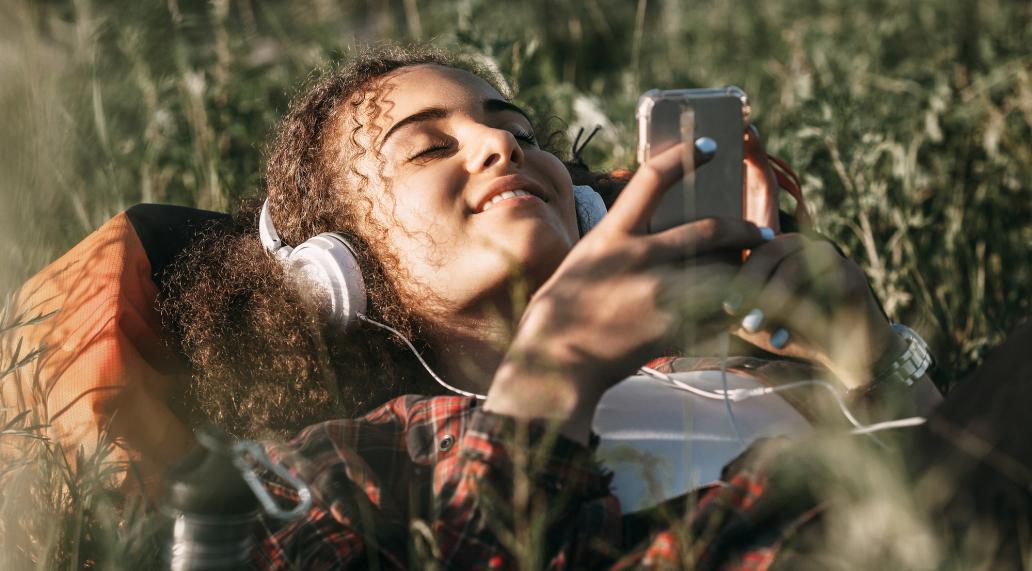
A phase full of departure, curiosity and self -discovery. Young people face the exciting task of discovering their place in the world, developing their own values and learning new skills. At the same time, they encounter a variety of challenges: pressure to perform at school, the constant presence of digital media, social changes and global crises shape their everyday life. But these challenges also offer opportunities for growth, resilience and self -efficacy - the right support is important.
Brain development in puberty - opportunities and challenges
During puberty, the brain goes through a dynamic development thrust: synaptic restructuring is specifically optimized by nerve connections, which makes thinking processes more efficient and more flexible.
The rapidly ripening limbic system ensures strong emotions, creativity and motivation, during the prefrontal cortex - responsible for planning, impulse control and foresight - is only fully mature later. This temporary imbalance explains why adolescents sometimes take risks, act impulsively or carry out conflicts more intensively.
At the same time, the high neural plasticity of this phase of life opens up the opportunity to discover interests, develop problem -solving strategies and strengthen social skills. In a supportive environment, young people can use this special learning and growth period for themselves to develop and build a stable, self-confident identity.
Young people today - confident, committed and curious
Studies show that, despite concerns about the climate, war or future prospects, young people remain predominantly optimistic and are committed to their interests. You want to be heard, take responsibility and actively shape the world. This willingness to participate is a strong foundation on which parents/educational persons, teachers and specialists can build up.
Psychological well -being as a key
Many young people experience phases of uncertainty, stress or overwhelming. Open and appreciative communication within the family and at school can be crucial. When young people feel that they are taken seriously and get space for their feelings, it strengthens their self -confidence. Experts like Prof. Tanja Michael emphasize how important access to psychological support is - for example through school psychologists or prevention programs that promote resilience and self -care.
Education as an experience and motivation
The best way to learn young people when lessons take place close to their living environment. Practical projects, independent work and the opportunity to contribute your own ideas motivate to learn. Pedagogues are demanding everyday school life not only to do performance, but also to focus on personal education. When young people experience that their strengths are seen, their joy in learning also grows.
Use digital media reflected
Digital life is already part of the everyday life of young people. Social media can inspire and combine - at the same time it is important to convey media literacy for young people. Develop rules together, design on screen times consciously and talk about risks enables healthy balance. Studies such as those of the German Youth Institute show that an open dialogue between young people and adults is particularly important in order to use digital worlds constructively.
Experience self -efficacy and community
Young people need places where they can try out and take responsibility - be it in youth groups, social projects or through creative hobbies. Concepts that focus on the young people and strengthen each other. These can promote a feeling of belonging, social competence and self -confidence.
What the educators need
Parents/educational persons and specialists are also faced with the challenge of accompanying young people in this eventful time. You need space for exchange, knowledge of development processes and support from a strong network. Listen to each other, mutual recognition and experience together.
Conclusion: young people need encouragers
Youth time is not just a challenge, but a valuable way to discover your own skills and develop new perspectives. When adults accompany with openness, trust and real sympathy, rooms arise in which young people can grow. A benevolent social environment, participative education, the conscious dealings with the media and a focus on mental health can support.
Youth time is a great opportunity to ensure that young people are seen, heard and felt seriously.


